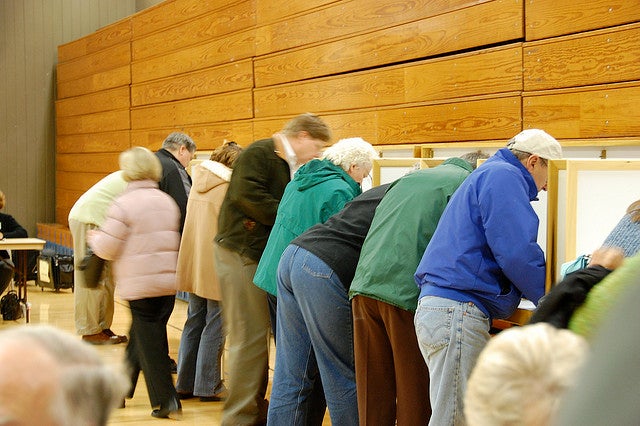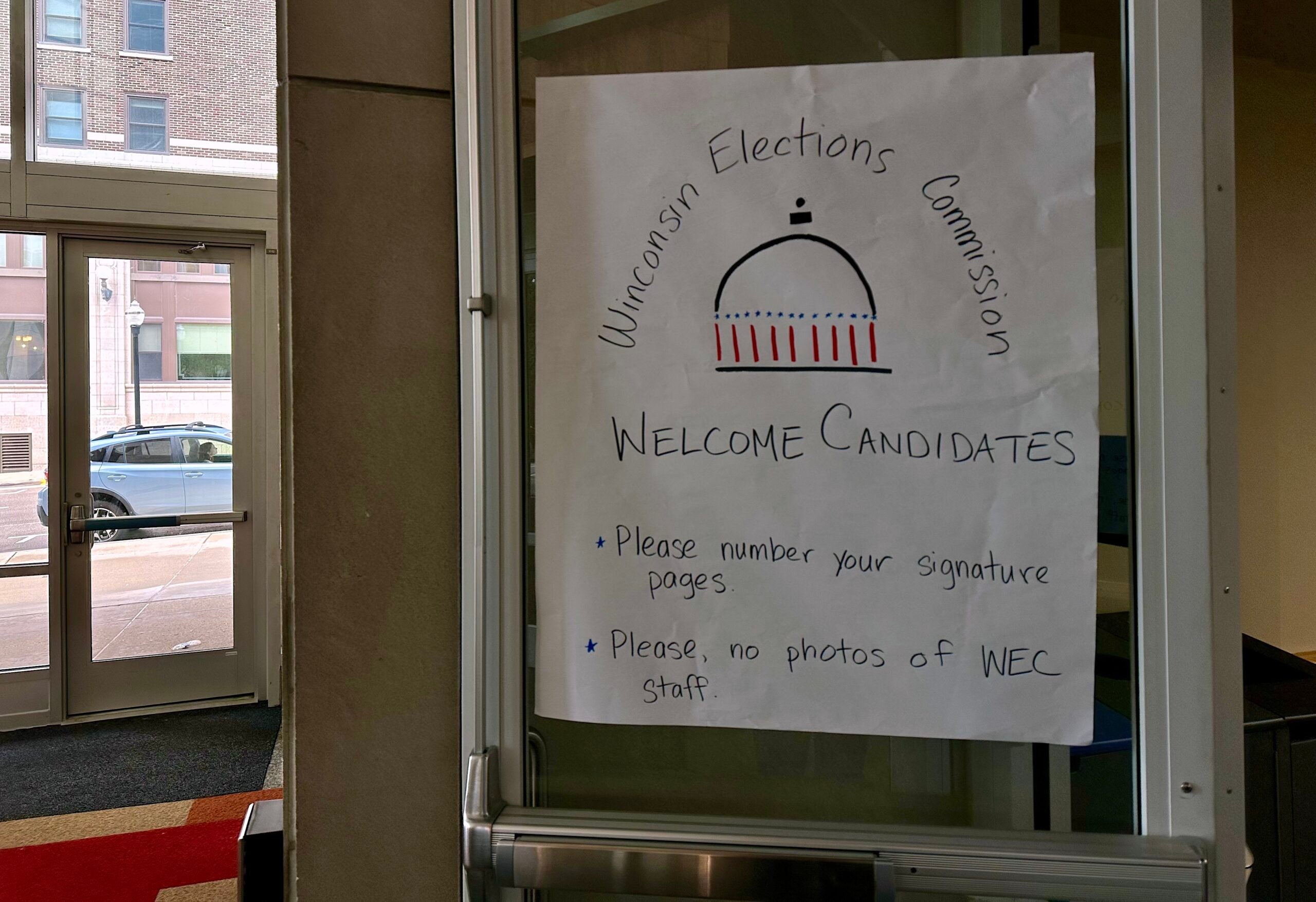Voter ID-
After almost five years in political and judicial limbo, Wisconsin’s controversial voter ID law takes full effect with the 2016 elections.
Gov. Scott Walker signed the law in 2011, and it was in place for one election the following year until the law became a legal question for state and federal courts. The U.S. Supreme Court refused to consider the legal merits of the law last year, meaning it stands and will be implemented with the February 16 primary.
Despite the law’s nickname, there is no such thing as the creation of a special ID with which to vote with in the state, but everyone who votes at a poll on Election Day will have to show a picture ID. The vast majority of Wisconsin voters will use their driver’s license or a state-issued photo ID. But photo identification that is part of a passport, military or certain student ID’s will also be accepted.
The only exceptions where people may not have to show an ID involve very specific absentee voting.
La Crosse County elections officials expect to be ready for the mandate of showing photo identification. Turnout is typically light in the spring, and will culminate with a much busier presidential election in November. Marilyn Pedretti is clerk in the town of Holland in far northern La Crosse County. She said she expects poll workers and most voters to take the new requirement in stride.
“We had the voter ID a few years back, it was on, it was on, it was off, then it was on, so it was confusion to begin with,” Pedretti said. “I think a lot of people know that it’s in the air, so I don’t think it will be a huge surprise.”
And election officials remain concerned about the disruption to what they said has always been a very clean election process in Wisconsin. Pedretti said the new law does nothing to eliminate the possibility of voter fraud, which is most likely associated with convicted felons who can’t legally vote, but can still carry a legal photo ID.
La Crosse County Clerk Ginny Dankmeyer said the uncertainty has been frustrating.
“We’re losing poll workers, just because these poll workers don’t want to have to keep dealing with this,” said Dankmeyer. “It used to be the elections, we could do a training, we’d do a refresher and the laws didn’t change that often. Now that they’re changing all the time, poll workers don’t want to deal with that anymore. They don’t want the backlash from people coming in and upset about these laws when we didn’t make them, we didn’t vote on them, we’re just here to enforce them.
Dankmeyer said the La Crosse County clerk’s office has been fielding at least one call per day about voter ID. There may also be changes in polling places and hours that clerk’s offices may be available to register new voters, or allow for early or absentee voting.
by John Davis
Episode Credits
- Hope Kirwan Host
- John Davis Producer
- Ginny Dankmeyer Guest
- Marilyn Pedretti Guest
- Ellen Franz Guest
Wisconsin Public Radio, © Copyright 2024, Board of Regents of the University of Wisconsin System and Wisconsin Educational Communications Board.




